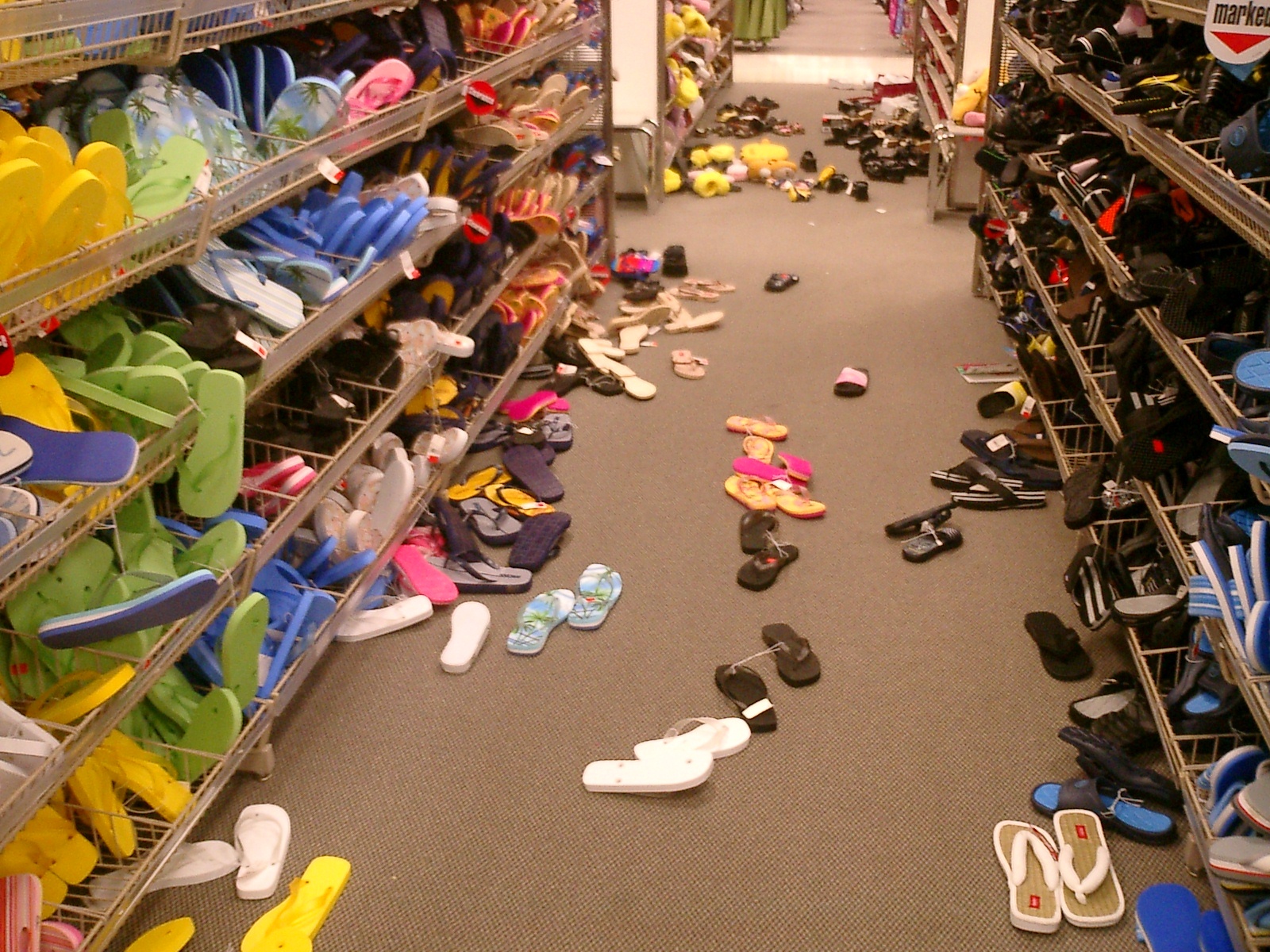Product manufacturers must rely on retail establishments to position their products effectively for maximum sales. Unfortunately, you cannot assume that they know the most beneficial planograms designed or that they follow them all the time. If your items languish in the storeroom or sit on a forgotten shelf, you have no hope of meeting profit targets. Periodic in-store audits ensure your products get the best placement and display marketing possible.
Retail audits involve sending a brand representative to the brick-and-mortar locations that stock your goods in order to ensure appropriate placement and in-store marketing. Explore these specific reasons why scheduling audits makes sense for your manufacturing brand.
Ineffective or Nonexistent Product Placement
If the products provided by your company are not displayed properly in the store, sales will suffer. An in-store audit can identify if the display gets stocked appropriately, whether the shelf or rack placement effectively introduces or offers the products, and if there are any maintenance issues related to the presentation.
One of the most egregious faults involves leaving merchandise in the back storeroom and not displaying it at all. Putting it in low-traffic areas can hurt your bottom line just as much.
Incorrect Pricing or Special Offer Signs
While sales data collection and questionnaires gather a lot of information about pricing and manufacturer-recommended discounts and special offers, an in-store audit ensures accuracy. While it may be impossible to schedule a visit every time you create a brand-wide sale, regular checkups can help. Visits with the manager or shop representative also help facilitate new financial goals and track sales performance.
Lack of Marketing Material Usage
Your brand has a vision, an identity, and a specific marketing focus created to share these things with consumers. The stores that stock the goods should comply with visual merchandising, presentation specifications, and all appropriate brand displays that you provide for them. For example, if you have an eye-catching merchandise display unit specifically designed for end cap positioning, but your products sit on a bottom shelf instead, the store may have breached your contract. Regular retail audits can help alleviate these errors.
Build or Maintain Relationships With Store Personnel to Improve Compliance
Everyone from a shop owner to a part-time clerk will be more likely to follow your point-of-sale plan and merchandise marketing requirements if you have a positive relationship with them. An in-store audit is not a time to scold people for inefficient stocking or dusty displays. Although communication matters all the time, a visit to their business offers a unique opportunity to grow your professional relationship in mutually beneficial ways.
Before you notice a downturn in sales or slower restocking schedules than expected at one or more retail locations, schedule an in-store audit with reputable agencies like Retailbound. Even with the best designed planograms, attractive marketing displays and signage, and a well-planned contract for merchandise sales, problems can arise. These retail audits solve a lot of problems before they get worse. They benefit both the shop itself who enjoys more customer interest, satisfaction, and sales, and the manufacturing company who increases profits and expands reach into new markets. If you need help with auditing your products on the retail shelf, contact us by email at info@retailbound.com or by phone at 1-630-246-4068.



